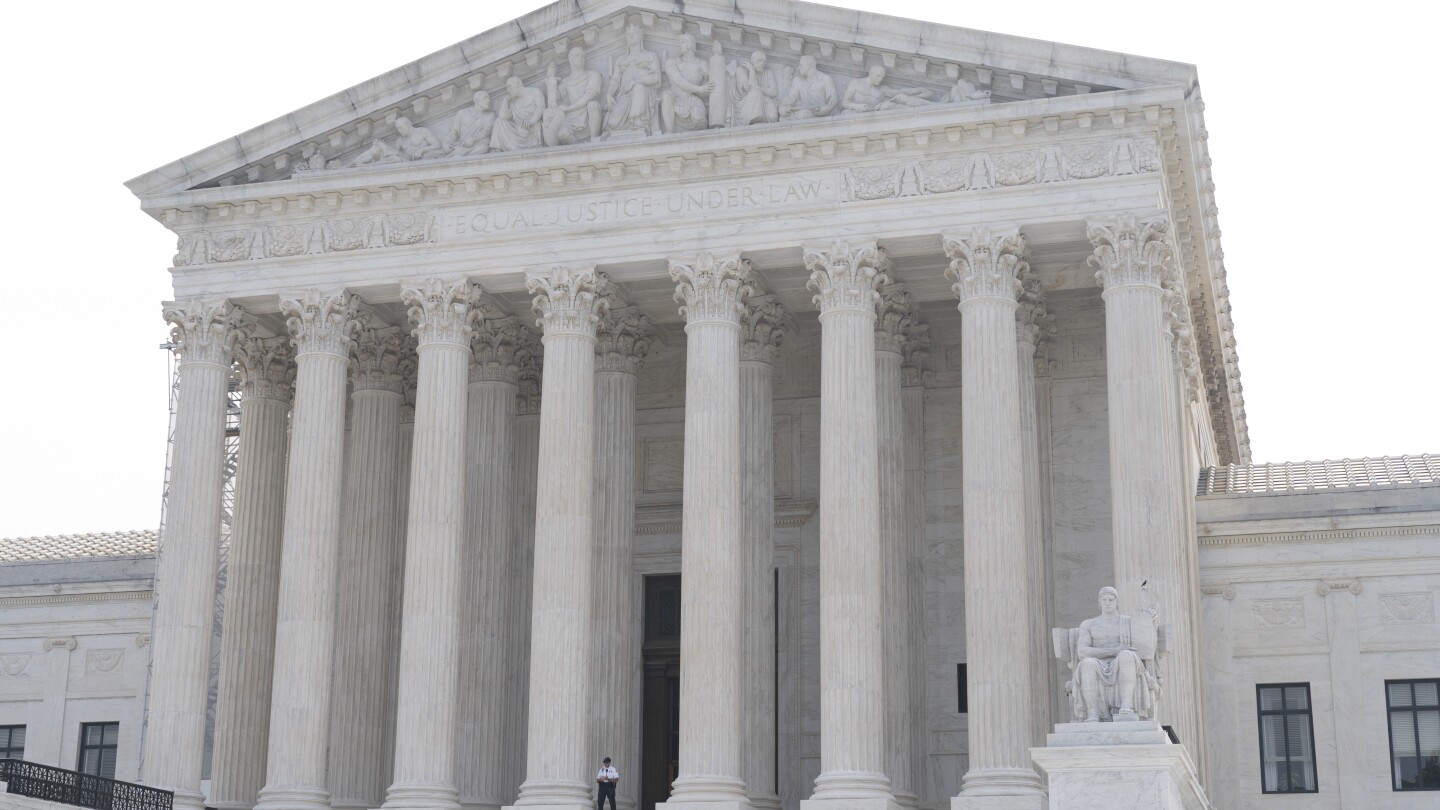Charles and Kathleen Moore are about to have their day in the Supreme Court over a $15,000 tax bill they contend is unconstitutional.
The couple from Redmond, Washington, claim they had to pay the money because of their investment in an Indian company from which, as Charles Moore, 62, said in a sworn statement, they “have never received a distribution, dividend, or other payment.”
But significant parts of the story they have told to reach this point seem at odds with public records.
The Moores are the public face of a high court case backed by business and conservative political interests that could call into question other parts of the U.S. tax code and rule out a much-discussed but never-enacted tax on wealth. The case is set for arguments on Dec. 5.



Just because they “have never received a distribution, dividend, or other payment” doesn’t mean they haven’t benefited from it. The way truly rich people get their money isn’t by a simple paycheck or even by selling stock or getting dividends (though this is part of it). They own a shitload of “stuff” and can leverage that “stuff” to get loans to pay for other things. Banks will give preferential loans to a person who has a billion in stock, since they are confident that person will be able to pay it back. The loans aren’t considered income, so they aren’t taxed.
Much like leveraging your home equity for a loan to pay for whatever, these people can leverage owning that stock to get a loan to pay for whatever. And if we have to pay property taxes on homes we own to ensure the homes are safe (roads, police, fire dept, etc), then I can see the validity of having a tax on stocks we own to pay for the resources to ensure those stocks are safe (regulators, safe computer networks, insurance, etc).
I feel like this is a big component of inflation that no one talks about. The stocks they use as collateral aren’t worth what they claim, since any attempt to sell all of those stocks would immediately drastically decrease their value. The loans then act as a sort of money press, for value that doesn’t really exist. That then drives up prices.
The stock prices are often artificially inflated through buybacks as well. It’s a brilliant system and I can’t possibly see how it will end poorly for everyone but those responsible for it. /S
They need to start taxing collateral over a few hundred thousand as income. It’s an easy loophole to close, but of course it won’t be.
You can’t tax something that isn’t income as income.
Create a new tax structure? Sure, could be a mandatory interest on the loan that goes to the IRS or something.
But not income. It’s not income.
Being used as collateral to obtain preferential rates, it’s being spent as income to make interest payments that are deferred due to the security of the collateral. A thing of value being used to pay for an exchange is a thing that has been obtained as income.
The fact that it’s being spent as income doesn’t mean it is income.
A company has revenue, which they use to pay people with. It’s money they use to get things. But it’s not income.
It makes no sense to extend the definition of income to cover money that you personally think works as income or whatever. However, objectively, it doesn’t.
As I said, no issue creating a new structure for loaned money, but including it under income is stupid.